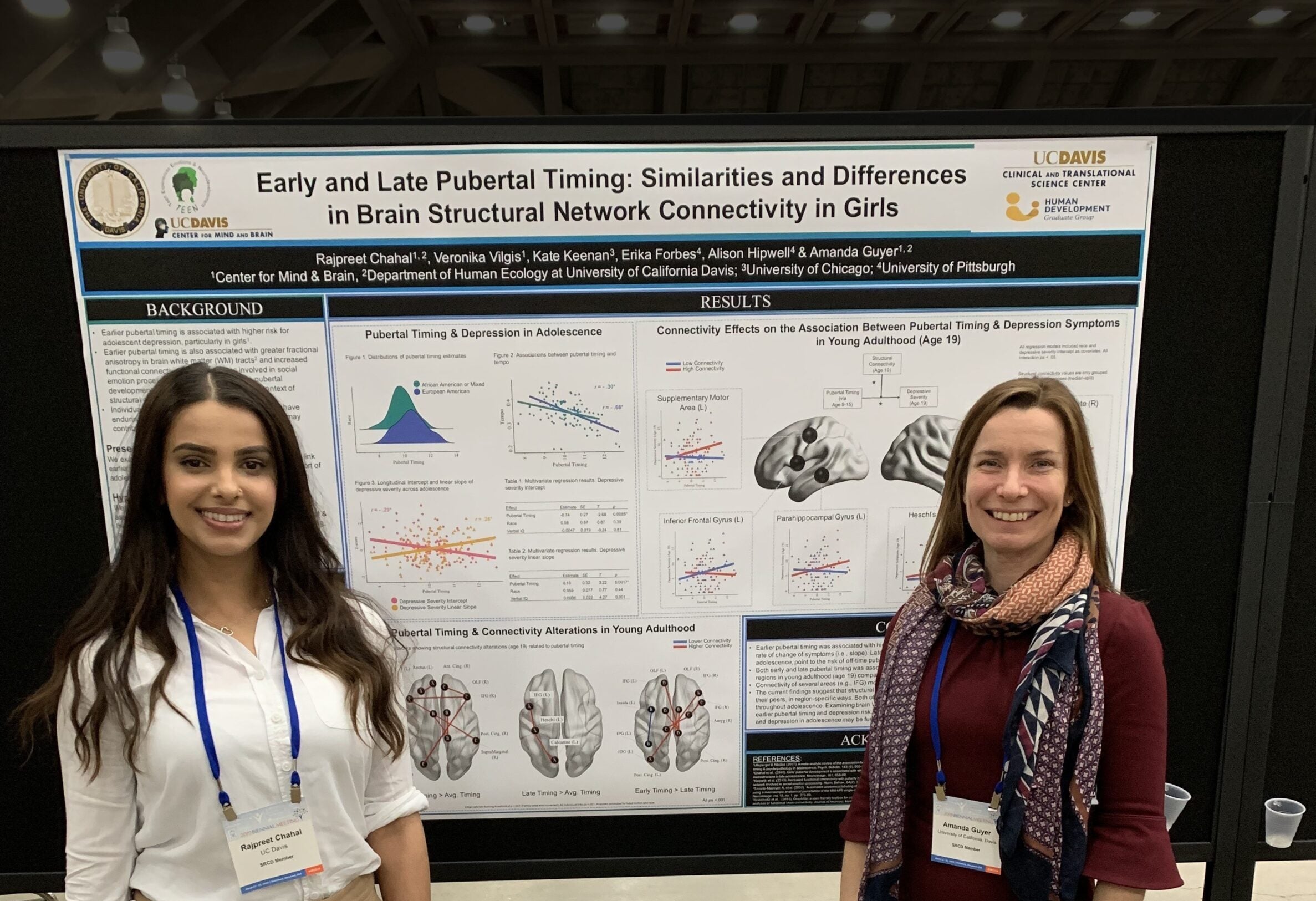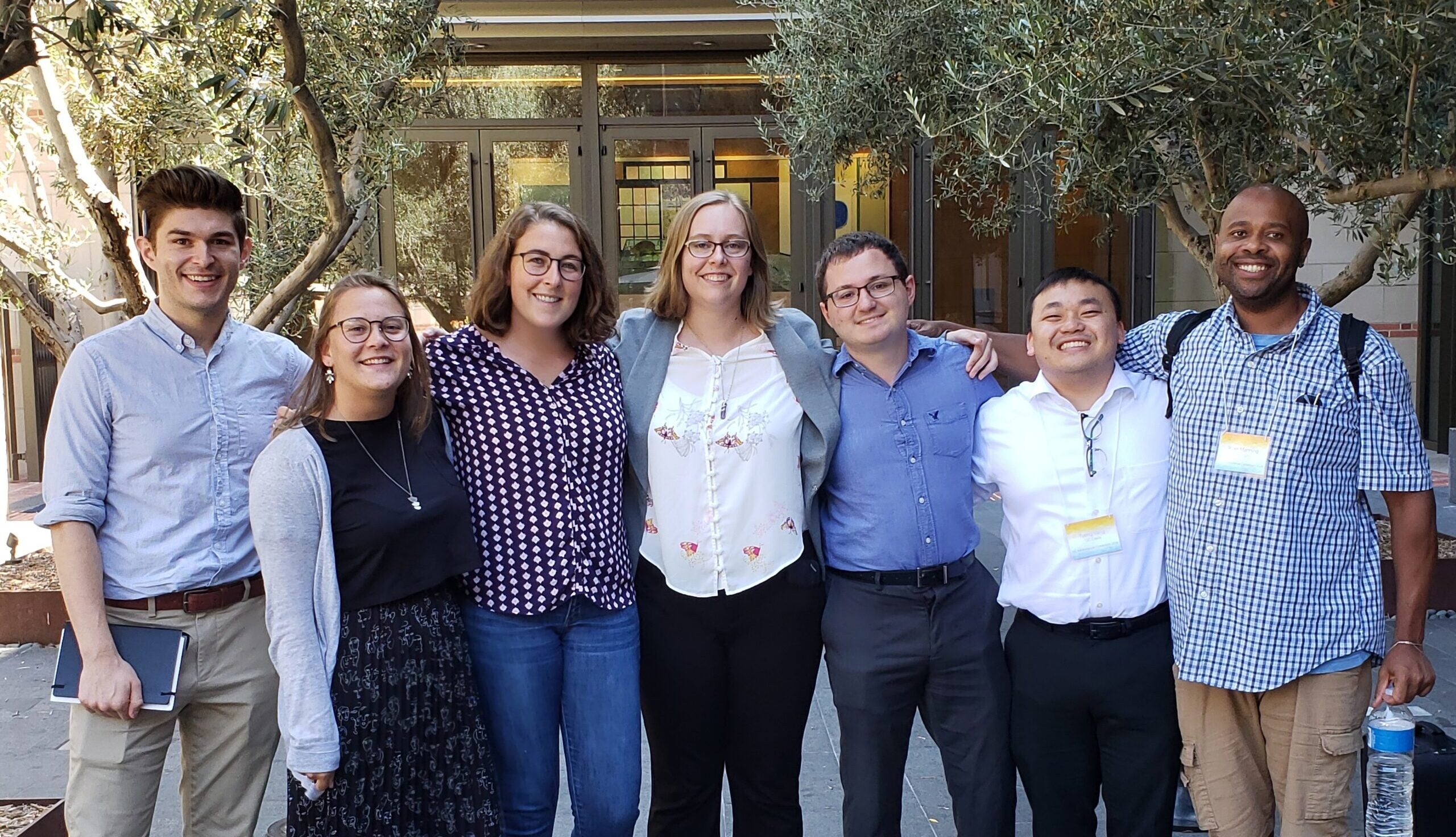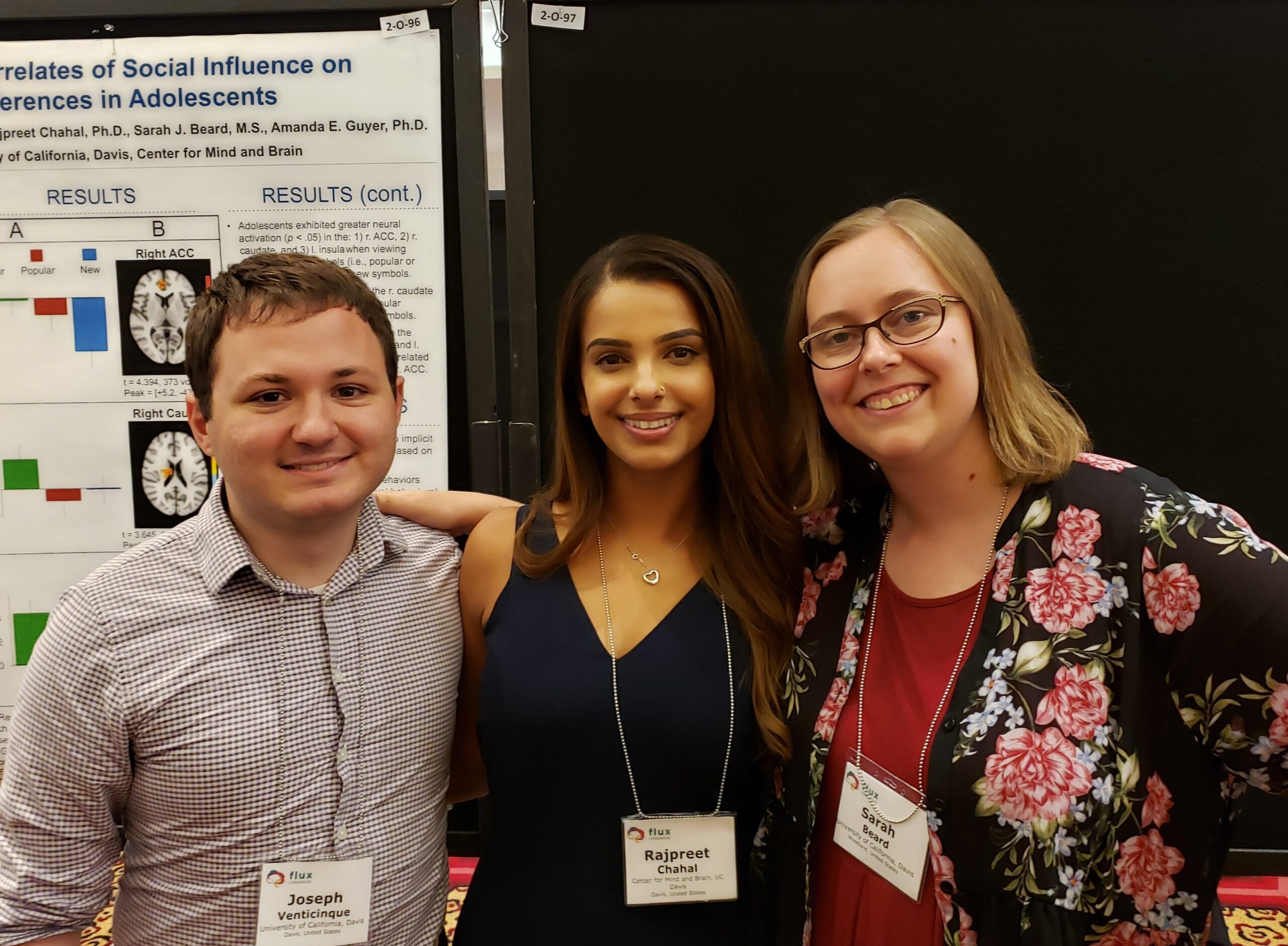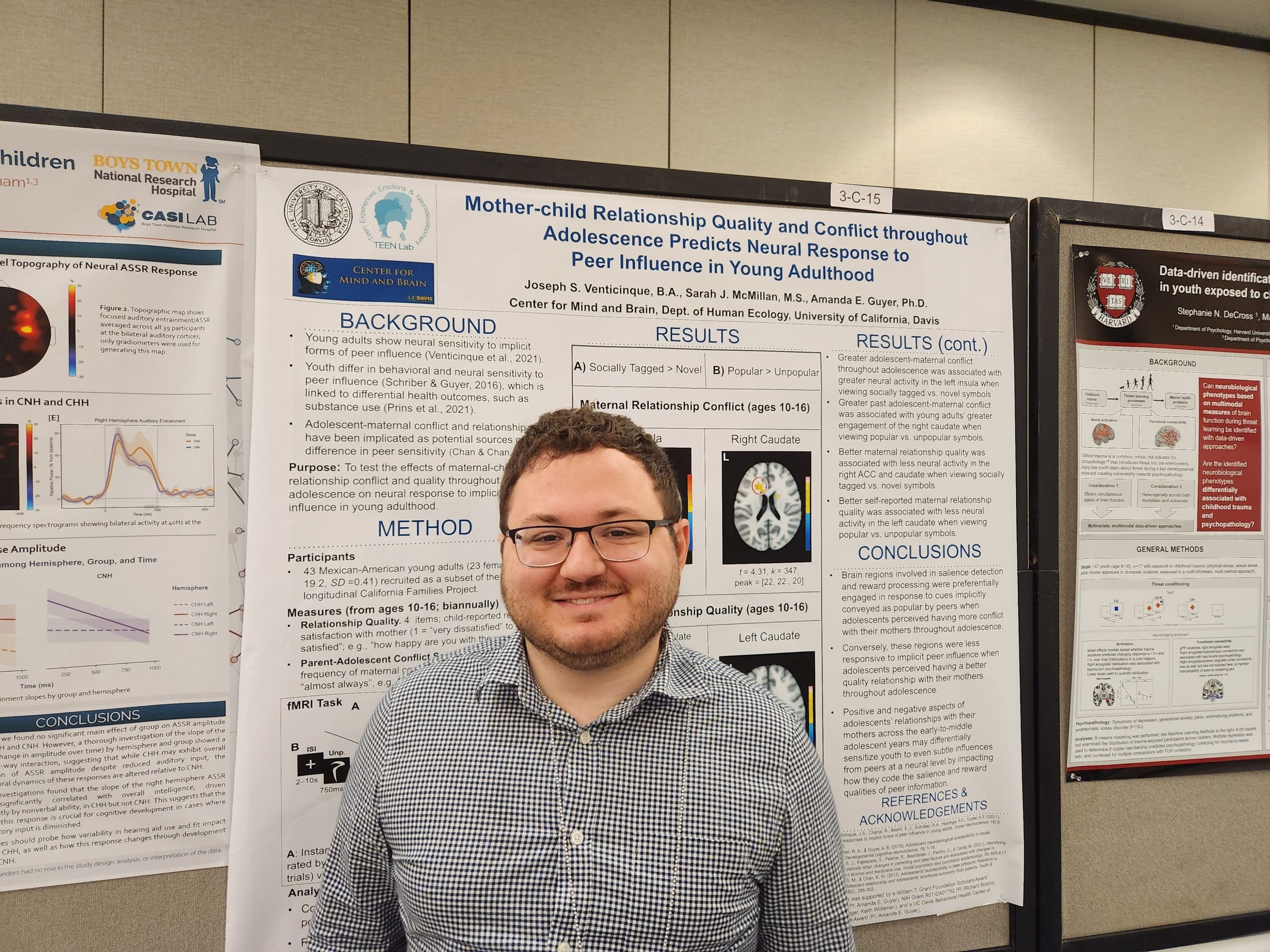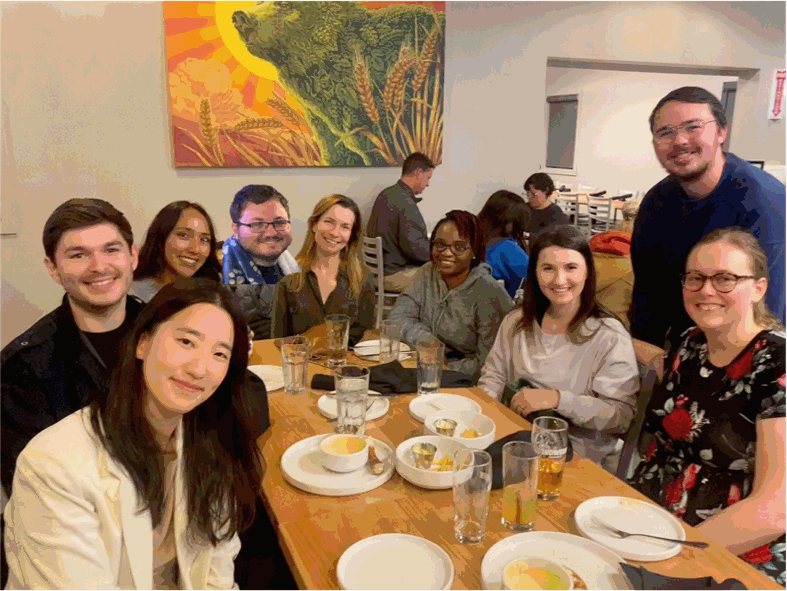Yair Bar-Haim, Nathan A Fox, Brenda Benson, Amanda E Guyer, Amber Williams, Eric E Nelson, Koraly Perez-Edgar, Daniel S Pine, and Monique Ernst (2009). Psychol Sci, 20(8):1009-18.
Functional imaging data were acquired during performance of a reward-contingency task in a unique cohort of adolescents (ages 14-18 years) who were characterizedsince infancy on measures of temperamental behavioral inhibition. Neural activation was examined in striatal structures (nucleus accumbens, putamen, caudate) with a known role in facilitating response to salient reward-related cues. Adolescents with a history of behavioral inhibition, relative to noninhibited adolescents, showed increased activation in the nucleus accumbens when they believed their selection of an action would affect reward outcome. Neural responses did not differ between the two groups when participants made a prespecified response that they knew would result in reward or when they produced random motor responses that they knew would not be rewarded. These results link inhibited temperament and perturbed neural responses to reward-contingency cues.
